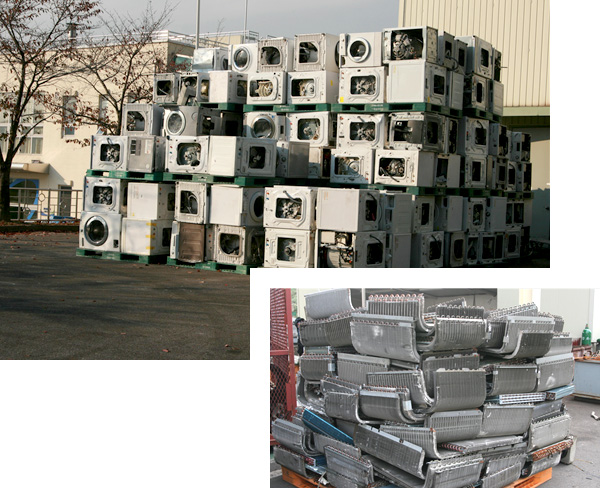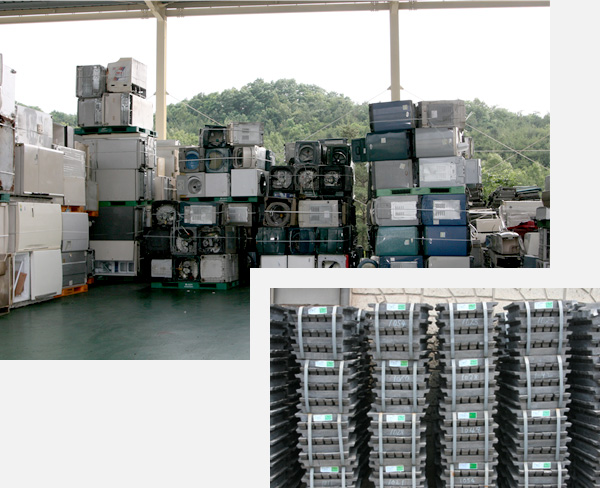About Basel Convention
사단법인 한국바젤포럼은 대한민국의 민간단체 대표창구의 역할을 하고자 합니다.

- What is the Basel Convention?
-
International convention on the control of transboundary movements of hazardous wastes and their disposal.
In June 1987, ‘Cairo Guidelines and Principles for Environmentally Sound Management of Hazardous Waste’ was adopted. Based on Cairo Guidelines Principles, the Basel Convention waste adopted on March 1989 by representatives from 166 nations in Basel, Switzerland and entered into force on 5 May 1992.
The Convention aims the restriction and regulation of transboundary movements of hazardous wastes. The highlights of the Convention is to secure sound management of hazardous wastes and their disposal. The Convention also requires that, before an export may take place, the authorities of the State of export notify the authorities of the prospective States of import and transit.
The most controversial issue is about the definition of hazardous wastes.
Korea joined in March 1994 and, related Korean law, was enforced in May 1994. In March 1994, 64 parties to the Convention adopted an immediate ban on export of hazardous wastes and came to an agreement to apply gradually to renewable wastes by the end of 1997.

- 바젤협약이란?
-
유해폐기물의 국가간 이동 및 처리에 관한 국제협약.
1987년 6월 ‘유해폐기물의 환경적으로 건전한 관리를 위한 카이로 지침과 원칙’이 채택되었다. 1989년 3월 카이로 지침을 바탕으로 스위스 바젤에서 세계 116개국 대표가 참석한 가운데 바젤협약이 채택되었으며, 1992년 5월 5일 협약이 발효되었다.
유해 폐기물에 대한 국제적 이동의 통제와 규제를 목적으로 한다.
주요 내용을 보면, 유해폐기물과 기타 폐기물의 처리에 있어서 건전한 관리가 보장되어야 하며, 유해폐기물의 수출·수입 경유국 및 수입국에 사전통보를 의무화하고 있다. 협약에서 가장 논란이 일어난 것이 유해폐기물의 정의에 관한 것이었다.
한국은 1994년 3월 가입, 관련 국내법인 <폐기물의 국가 간 이동 및 그 처리에 관한 법률>이 5월부터 시행되었다.
94년 3월 제네바에서 64개 바젤협약국 폐기물 수출의 즉각 금지안을 채택, 회복 기능 또는 재생 폐기물의 경우는 97년 말까지 점진적으로 적용키로 했다.
Site Rink of Basel Convention and Related Organization
- Basel Convention
- Minamata Convention
- National Institute of Environmental Research, Republic of Korea
- National Institute for Environmental Studies, Japan
- Basel Convention Regional Centre for Asia and the Pacific
- Korea Society of Waste Management
- International Symposium on Electronic Waste and End-of-Life Vehicles
